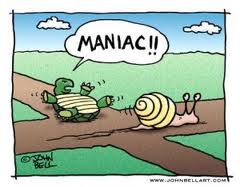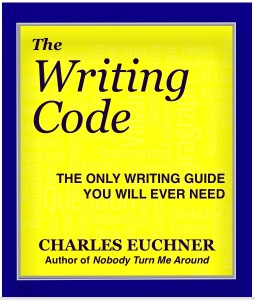After attending World Fantasy Convention a couple of weeks ago, I thought it fitting to do a post about such a monumental annual convention. I could talk about the workshops I attended, the interviews with Neil Gaimon, the nearly hyperventilating fans coursing around him, or the amazing information and advice I received from well-published authors. I could talk about my first public reading of my own published work; it went well and I enjoyed doing it more than I ever thought possible. Instead, I’m going to rehash a subject that I’ve seen blogged multiple times, but I don’t think it can ever be said enough. The number one rule of cons, of being in the public eye, of our dealings in our private lives, of being a human being: be nice.
There were a few notable authors/agents/editors I met or became reacquainted with who, in my opinion, handled this side of public relations exceptionally well. I hope we can all learn from their examples. Number one on my how-could-you-be-so-nice list was author David Brin. I met him for a total of, maybe, ten seconds in a bar. He walked by, I said hello, his eyes lit up, he shook my hand effusively and with a genuine smile he asked my name and said it’s nice to meet you. Then I glanced at his name tag and realized who I was talking to. I didn’t have to recognize him, say anything great about his books, or be introduced by someone he knows in order for him to be cheerful, pleasant and friendly.
Julie Wright effused the same outgoing acceptance. I almost felt like I’d found a sister after talking with her for only a couple of minutes. Amazing people. I met David B. Coe who was extremely nice even after I ran into him repeatedly within a short amount of time and probably seemed like a stalker.
Am I name-dropping? Oh, yeah. To prove a point. Because they’re so nice and willing to hang around with the new, unproven writers, I’m going to be looking for more books by them. In fact, I bought some at the convention and I’ll be paying attention to these particular writers in the future. I’m throwing their names around on our blog and making positive comments because they were nice. It’s as good for business as it is for life in general. Since I’m on a role, Mary Robinette Kowal, Jessica Day George, and Patrick Rothfuss are some other authors who made themselves available and took time to meet and talk with other attendees.
Only matters with writers? I don’t think so. Cherry Weiner, one of the best agents in the field, whom I’ve met and talked with multiple times has given me advice and help despite the fact that I have nothing for her. She doesn’t represent my genre. Still, I would bend over backward for this woman and do anything I could to help her clients if it was within my capability.
An editor from Baen, Jim Menz, remembered me from a brief meeting two years before, excitedly told me about an upcoming line of books, and mentioned some authors with great projects coming out. I will be on the lookout for those authors and projects.
On the flip side, an agent whom I met for the second time at WFC wouldn’t look at me when he talked to me, talked in clipped, annoyed tones, and literally turned his back on me. I wasn’t pitching, I wasn’t asking for anything, and all I’d attempted was to ask about upcoming projects I might be interested to read. I already knew he wasn’t a fit for my work. This unfortunate incident has made me reticent to read the authors he represents and tainted my attitude toward the ones I already liked. Do I have it in for him or anything? Of course not, and I know he’s a great agent. I won’t be pointing him out so I can make derogatory comments. That wouldn’t be nice. There were a few other authors/agents/editors who seemed to avoid people and only pasted on a smile when introduced through someone they already knew.
Now I’m not saying we should hold grudges, make judgments, or plan business decisions based on these types of interactions. I didn’t even realize I had these feelings, ultra-positive or negative, until I was thinking about writing this post and the impact the con had on me as a writer. But I know my experiences affect my perception of the books I read and people I want to work with or support.
So, it’s been said before and I’ll say it again: number one rule, no matter how important you become, is to be nice…to EVERYONE. Seems simple, but I’m sure I’ve had my moments, too. I don’t like crowds and socializing wears me out. I wrote this blog as much for myself as anyone else.
Oh, and I have to mention the amazing illustrator, Lee Moyer, who will not only be at the top of my list for cover art because of his amazing skill, but also because he’s just such a nice guy.


